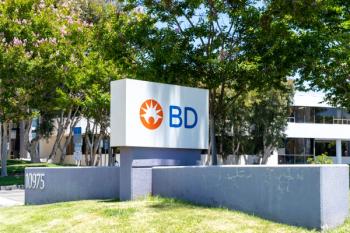
Researcher Receives MS Award
Alexander Makarov, Thermo Fisher Scientific?s (Waltham, Massachusetts) director of global research for life sciences mass spectrometry (MS), received the 2008 ASMS Distinguished Contribution in Mass Spectrometry award from the American Society for Mass Spectrometry at the 56th ASMS Conference on Mass Spectrometry and Allied Topics.
Alexander Makarov, Thermo Fisher Scientific's (Waltham, Massachusetts) director of global research for life sciences mass spectrometry (MS), received the 2008 ASMS Distinguished Contribution in Mass Spectrometry award from the American Society for Mass Spectrometry at the 56th ASMS Conference on Mass Spectrometry and Allied Topics. The award is given to individuals making a significant achievement or contribution to fundamental or applied MS. Makarov is the author of more than 30 publications and holds four patents. He received the award for his efforts in developing the company's Orbitrap mass spectrometer.
Newsletter
Join the global community of analytical scientists who trust LCGC for insights on the latest techniques, trends, and expert solutions in chromatography.




